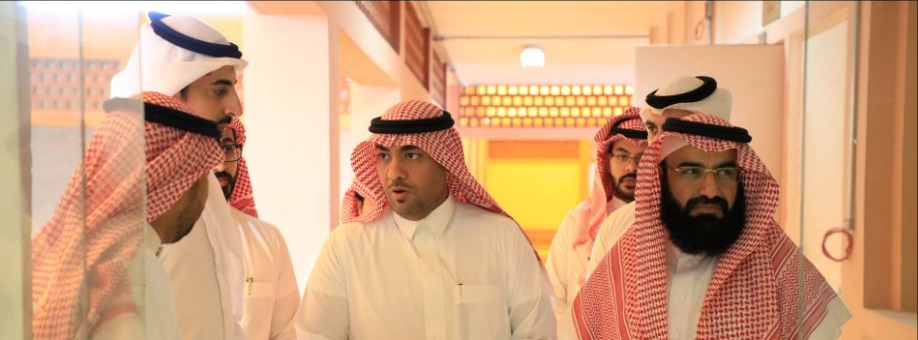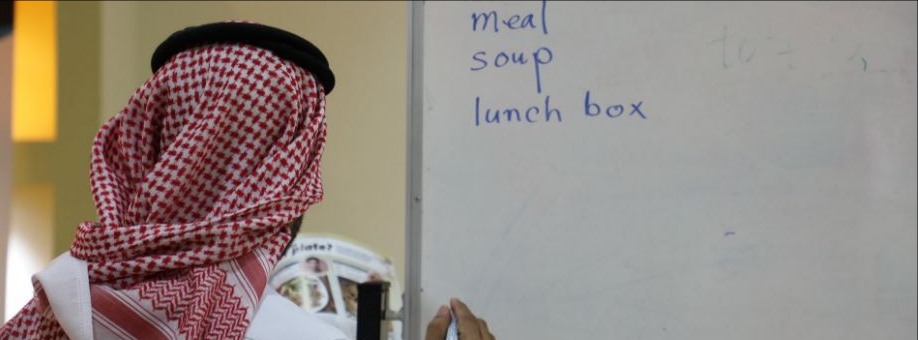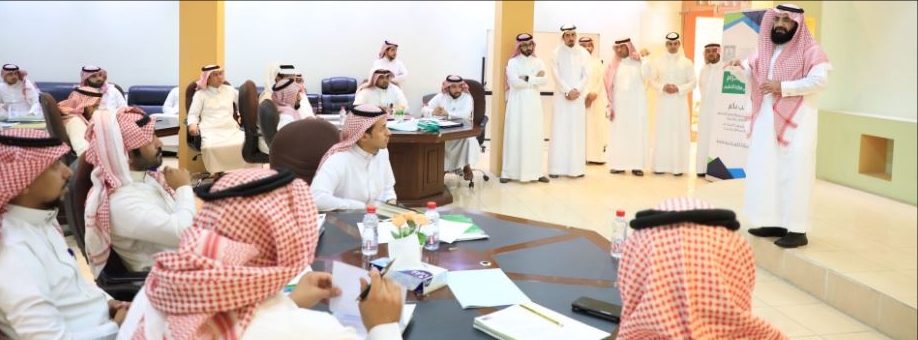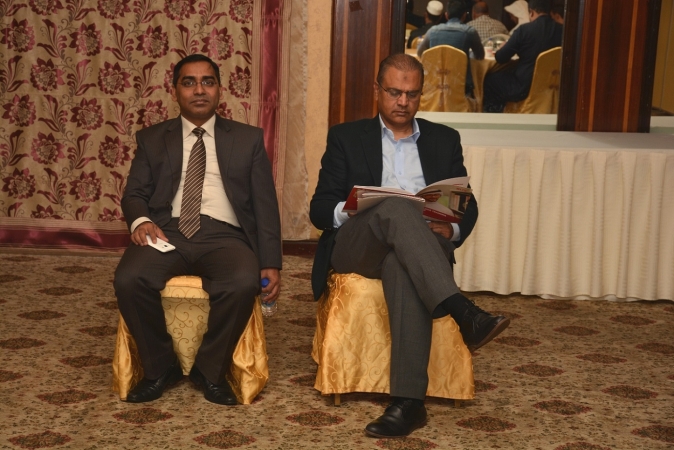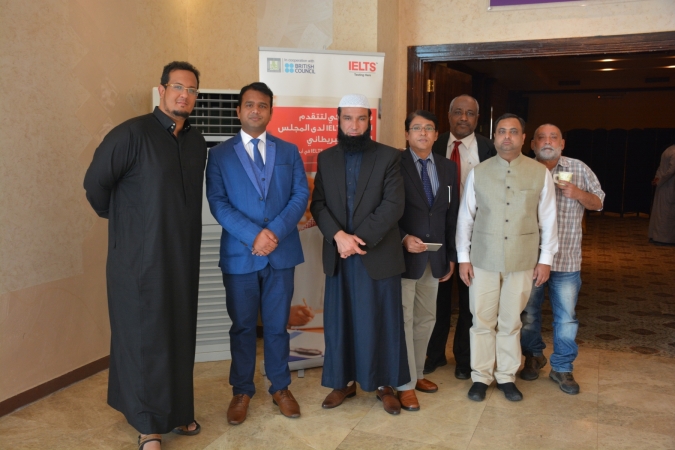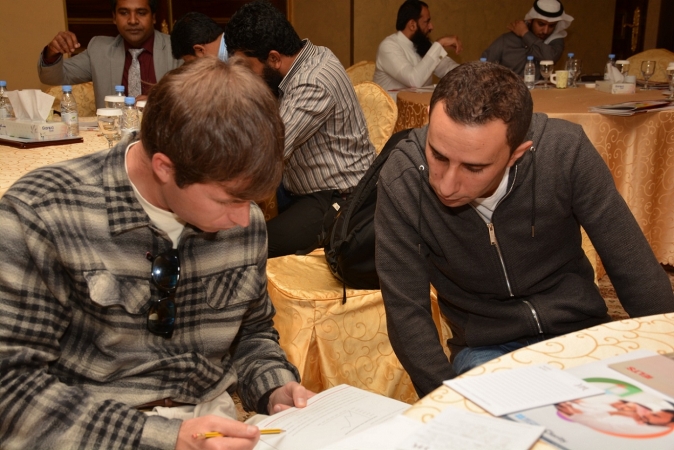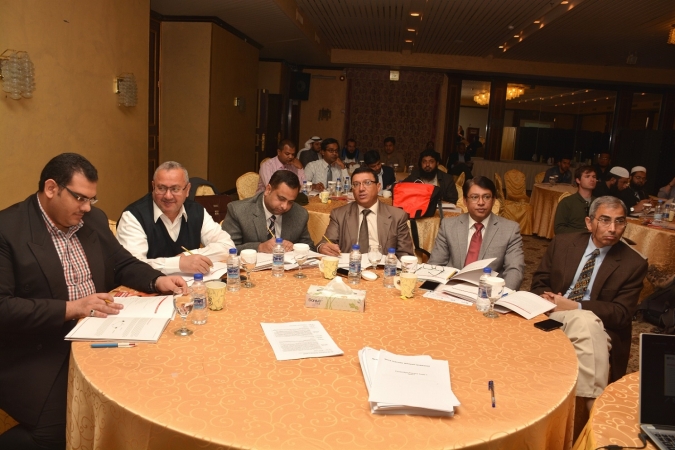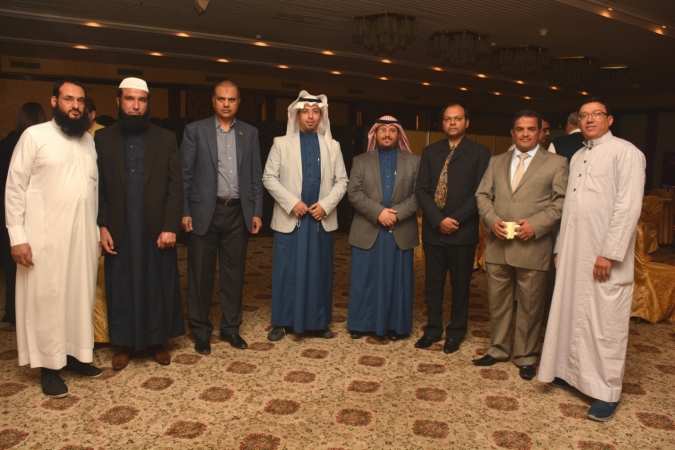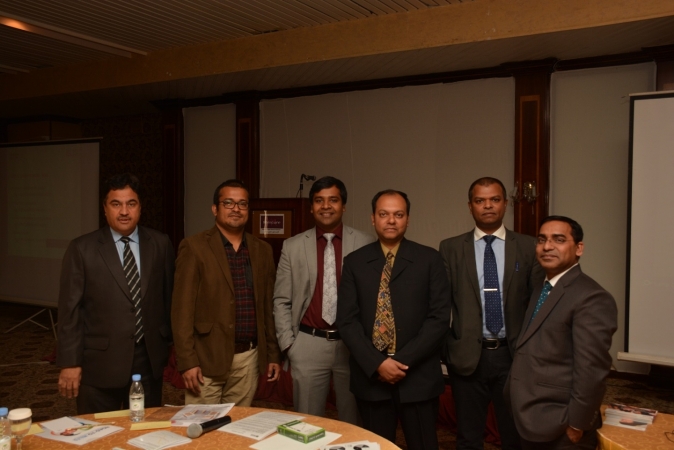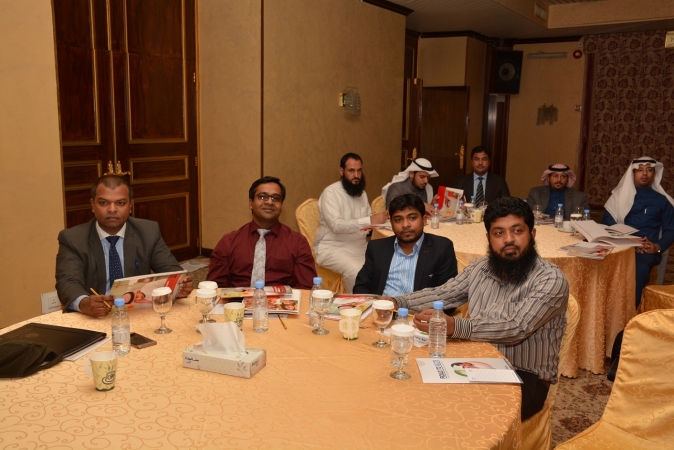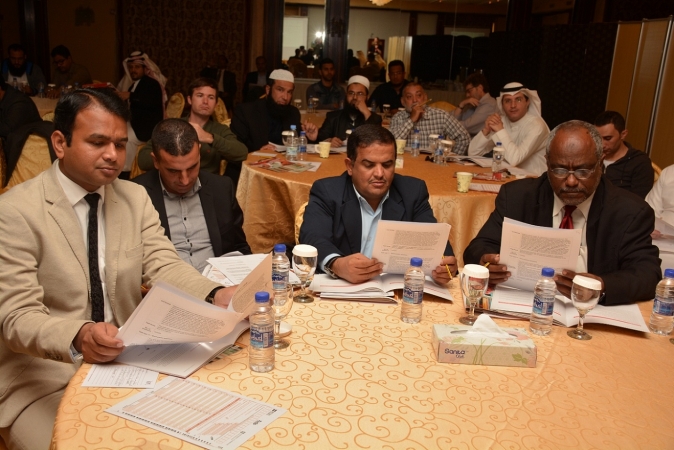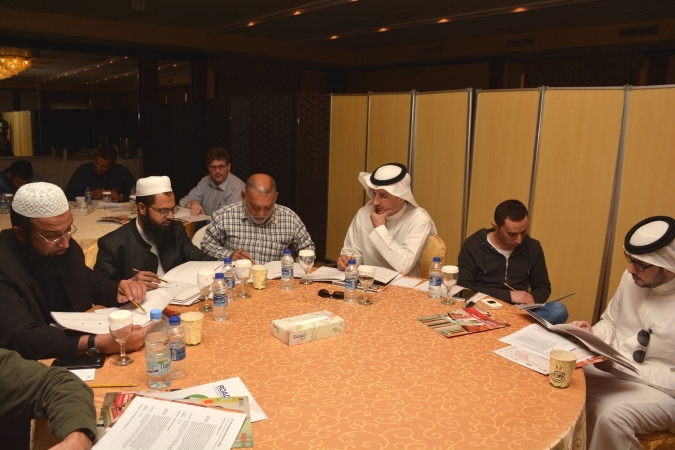Professional Development of Language Teachers: Need for Self-Appraisal
Dr. Shadma Iffat Rahmatullah conducted a workshop titled Professional Development of Language Teachers: Need for Self-Appraisal, at a webinar organized by the Language Research Center (LRC) on February 17, 2021. The emphasis of her presentation was on being a reflective teacher.
Dr. Iffat began by emphasizing the importance of the professional development of teachers for their career enhancement. She also highlighted that teachers are always engaged in lifelong learning throughout their lives and therefore need to cope with the ever-changing teaching and learning environment. She raised some questions about whether teachers evaluate themselves, predefine learning outcomes and evaluate how effective the teaching is from the point of view of learning.
Dr. Iffat, while explaining the need for quality professional development, showed the correlation between the teaching practice and students' learning achievement and how teaching goals are related to students' actual learning needs. In this case, she added, professional development is increasingly important. This primarily focuses on the way teachers construct their professional identities in the continuous interaction with students. Teachers, she said, should understand the underlying theory behind instructional strategy. According to some research, students placed with high-performing teachers make progress three times as fast as those placed with low-performing teachers.
Dr. Iffat also focused on how a teacher's performance is affected by his or her personal life factors. In this case, she added, teachers need to develop certain skills to balance their personal and professional lives.
Dr. Iffat compared teacher training and professional development by explaining that professional development puts emphasis on teachers' awareness of their teaching contexts, which helps them apply their practical skills in their teaching, whereas teacher training helps them learn essential pedagogical skills.
Overall, Dr. Iffat highlighted the importance of self-reflection or being a reflective teacher who has the ability to evaluate himself or herself and understand what, why and how they should do things in class. She explained the distinction between a reflective and non-reflective teacher as a reflective teacher always conducts self-evaluation. Further, she explained how such evaluation can be carried out.
Dr. Shadma Iffat concluded that teachers' professional development enhances the understanding level of students. Also, teachers' ongoing reflection of their own teaching practices is the most required element of professional development.
Dean Abdullah Al-Melhi, in response to her presentation, proffered positive comments on how important being a reflective teacher is and congratulated Dr. Iffat for her informative presentation. He also added the importance of coping with new technology along with the regular practice of being reflective teachers. He thanked the Ph.D. students in addition to all participants in the webinar. LRC Director, Dr. Ismail Alrefaai, emphasized putting such webinars under the umbrella of Teachers' Professional Development. He added that technology can also help with such self-evaluation. While repeating the main points highlighted by Dr. Iffat, he added that teachers should reflect on students' feedback and evaluation and accordingly improve themselves.
The webinar was informative, interactive, and a great success with male and female faculty members' and the Ph.D. students' active participation.
Date: 2-19-2021
Source: Mohammad Adil Siddique

